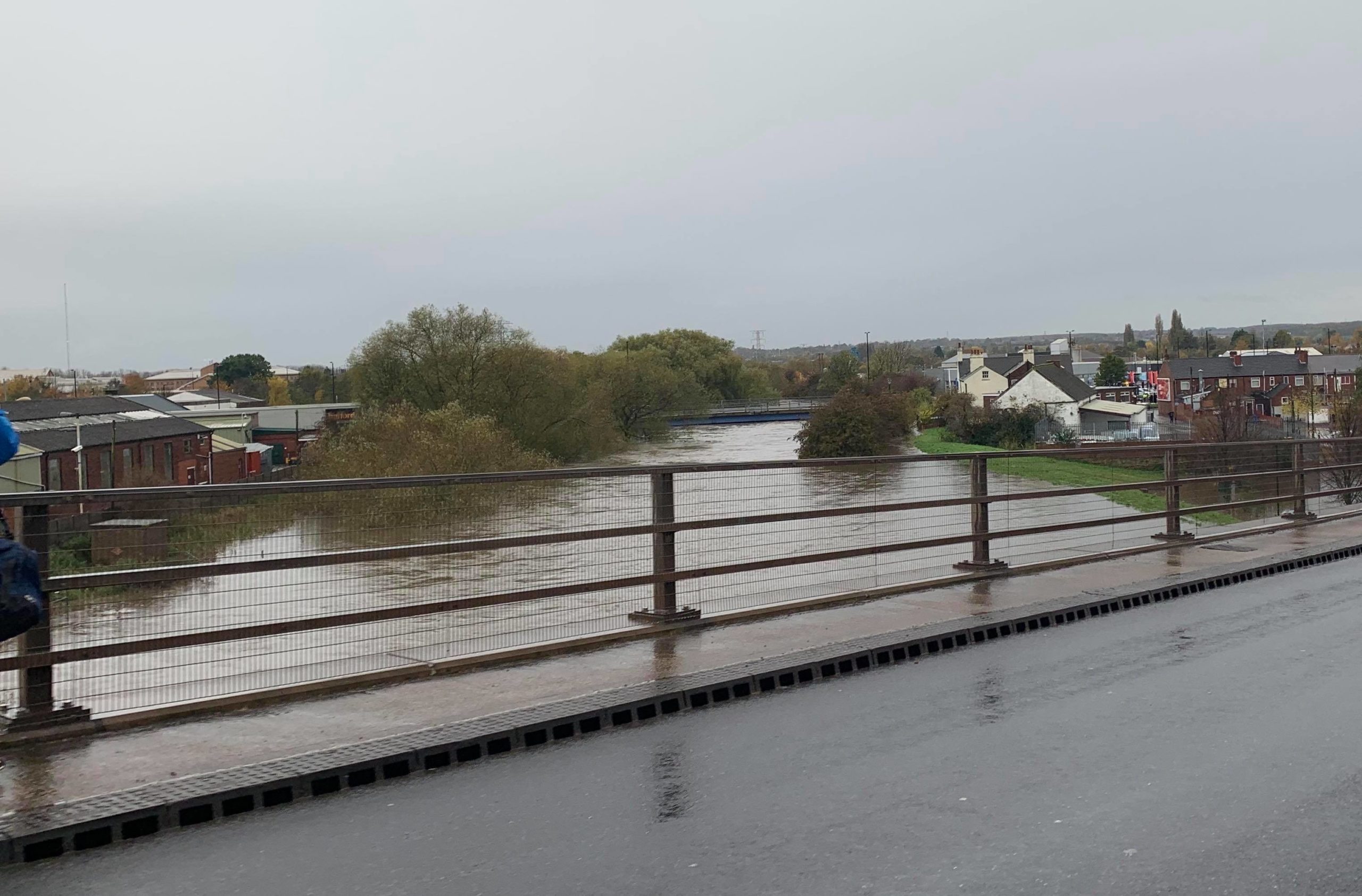
Secretary of State Grant Shapps: 31 July, 2021
The Mill of the Black Monks is not only one of the oldest pubs in Barnsley, but in the country. As a former water mill dating back to 1150, which served the monks of the nearby Cluniac monastery, it has been witness to the unfolding of our national history, surviving relatively unscathed for nearly 1,000 years.
However, like thousands of other properties across Yorkshire and the Humber, it was severely damaged by winter floods in 2019/20. During the fifth wettest winter on record, and the wettest February ever, this historic site – at the heart of the community – was threatened to its foundations.
Today, at a time when the only records this country wants broken are Olympic ones, we are instead seeing rainfall records tumble across the world. Germany, Belgium and China are currently dealing with the aftermath of devastating and fatal floods. Just recently, London saw a month’s worth of rainfall in just one day.
These extreme weather events aren’t a passing fad. They are likely to become all too common as the planet warms, sea levels rise, and winters become wetter.
I’m aware that the North of England is no stranger to floods. Be it East Yorkshire and Hull in 2007, Morpeth in 2008, or storms Desmond, Eva and Frank affecting Cumbria and Lancashire, floods are personal tragedies, with families faced with the devastation of ruined homes and lives turned upside down.
But these floods also have knock-on effects outside the immediately affected area. The 2015/16 winter floods left tens of thousands of properties in Lancaster without power; 850 flood incidents on the road network restricted car and freight travel; and 2 metres of floodwater in Carlisle paralysed the West Coast Mainline for two days. The total economic cost to the region was nearly £2billion.
Now, I am proud of the investment we’re making to develop, maintain and improve the North’s transport infrastructure. Whether that’s increasing capacity on the A66, reopening the Northumberland line between Ashington and Newcastle, or upgrading the Transpennine route, we are intent on unlocking the region’s potential through better connectivity. But the North’s economy, indeed our national economy too, depends on these transport arteries being resilient in the face of a changing climate.
Whilst we cannot magic away flooding, we can minimise the disruption and help families and our economy bounce back quicker.
That is why the Government’s record £5.2billion investment in flood defences over the next six years is vital. More than 1,000 schemes will receive investment in the first year alone, helping communities across the country. It represents excellent value for money: with every £1 spent on flood defences, we avoid at least £5 in damages. Over six years, 336,000 properties will be better protected, with more than £300million invested in communities across the north in the first year alone.
Crucially, over the six-year programme, this investment aims to improve the protections of around 550 kilometres of our critical road and rail infrastructure – ensuring emergency services, businesses and people can keep moving during these difficult times. This means more projects like the storage reservoir in Catterick, which now protects the A1 motorway and 149 surrounding properties. We’ll also get rid of the piecemeal investment decisions of years past, ensuring that funding for housing and transport is linked to money for flood defences.
We’ll continue to fund our vital flood defences, but the first line of defence rests in reducing the carbon emissions which lead to global warming.
Transport is the UK’s biggest emitter of greenhouse gasses, which is why we’ve set out a world leading plan to decarbonise our entire network by 2050. The North is at the forefront of green travel– with EVs built in Sunderland and Ellesmere Port, green hydrogen being developed in the Tees Valley, zero emission buses rolling out in Liverpool, and miles of new cycle lanes in Manchester. The Transport Decarbonisation Plan is not about stopping travel; it’s about making it cheaper, more convenient and, above all, cleaner.
In less than 100 days, that plan will be front and centre of our pitch at COP26. As the host nation, we’ll show leadership to help the global community reduce emissions as quickly as possible. Climate change has successfully smashed the divide between global and local. It’s becoming clearer by the day that what happens in Berlin and Beijing can have a real impact in Barnsley. We must be prepared for this uncertain future.

